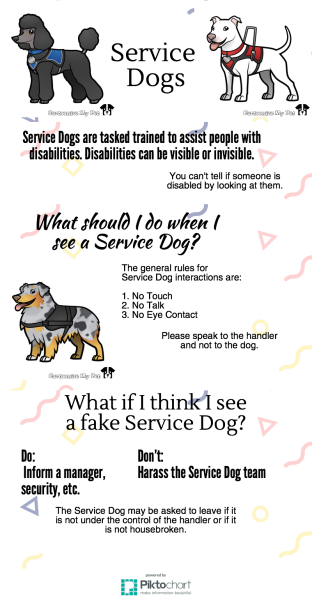Top 5 Benefits Of Dog Day Care For Busy Professionals”
Top 5 Benefits Of Dog Day Care For Busy Professionals”
Blog Article
Can Dog Day Care Reason Health Problem?
Canines in daycare obtain great deals of exercise, socialization with various other pet dogs and distinct experiences. This can be specifically practical for young puppies and dogs with behavior issues.
There are several legal considerations you need to take into consideration when beginning a dog childcare business. These include the structure of your company and compliance with government policies.
1. Dog Distemper
Canine distemper is spread with straight contact with the physical liquids and waste of a contaminated pet dog, yet it can additionally be transmitted via shared water and food bowls or through air-borne beads. This highly contagious illness is most harmful for puppies, but it can impact canines of any type of age and is fatal for many if left without treatment.
First signs and symptoms of canine distemper typically resemble a cold, including dripping eyes and nose with watery or pus-like discharge. As the condition proceeds, a dog will develop fever, coughing, decreased appetite, vomiting and diarrhea. The virus can also attack the nervous system, resulting in seizures, twitching and partial or complete paralysis.
Trusted day cares decrease exposure to infection by needing vaccinations, regular health examinations and comply with stringent hygiene procedures. If your pup seems overly tired or limping, a day off might aid him recuperate, however you ought to prevent taking him back to daycare up until these symptoms clear up.
2. Kennel Cough
Kennel coughing, additionally called transmittable canine tracheobronchitis or Bordetella, is an extremely infectious viral or bacterial disease that influences the respiratory system system. It's frequently moved with the exchange of saliva or air droplets that a sick pet breathes out. Social canines are at greater threat for infection because of their regular interaction with one another, such as when they play, share food or water, smell one another or simply fulfill in a jampacked atmosphere like a canine park or daycare.
One of the most typical symptom of kennel coughing is a relentless and strong cough that sounds like something embeded the throat or retching. Typically, canines will certainly spend frothy white phlegm. If left untreated, a pet can create pneumonia and be at serious threat forever.
A trusted daycare center must have strict cleaning and sanitation methods, sterilize all toys, food and water bowls regularly, and be open concerning their inoculation policies. Keeping your pet as much as date on their inoculations, particularly for bordetella and canine influenza, will substantially minimize their possibilities of contracting the ailment.
3. Parvovirus
Canine parvovirus, or parvo, is an extremely transmittable viral health problem that can be fatal for pups and young person canines with inadequate immune systems. It's most commonly spread out by direct contact with infected pet dog feces-- which can happen when pet dogs sniff, lick, or preference infected feces-- and indirectly from contaminated individuals, objects, or settings (like kennels, grooming areas and lawns). Pups and canines without complete inoculation backgrounds are particularly at risk to parvo.
The virus is extremely durable, enduring in the atmosphere for approximately 9 years, and can conveniently be transferred in between canines by call through feces boarding dog training or on footwear, clothing, and bed linen contaminated with parvovirus. Otherwise treated promptly with IV fluids, electrolyte equilibrium, vomiting control medicines and antibiotics to avoid secondary microbial infections, a pet will quickly dry out and establish extreme diarrhea, which brings about shock and sepsis. Parvo is tough to cure when a pet has come to be ill, but with suitable vet care, lots of puppies do endure this illness.
4. Dog Flu
Canine flu virus is extremely transmittable and spreads through direct call, sharing food and water bowls, licking or nuzzling other canines, via airborne beads, and via polluted surface areas. Inoculation is effective in minimizing the risk of infection and break outs.
A lot of affected canines establish a light respiratory infection with a cough that lasts 1-3 weeks. They might additionally have nasal and ocular discharge, sneezing, and lethargy. Several of the most major instances result in pneumonia and a high fever.
If your canine shows any of these signs, do not bring them back to childcare until they are healthy. If your pet dog is revealing signs of severe exhaustion or limping, speak with your veterinarian right away and make certain they get on good health supplements to assist construct their resistance. A veterinarian will examine your pet for symptoms of the flu by taking an example from the nose or throat, and blood examinations can be done to confirm.